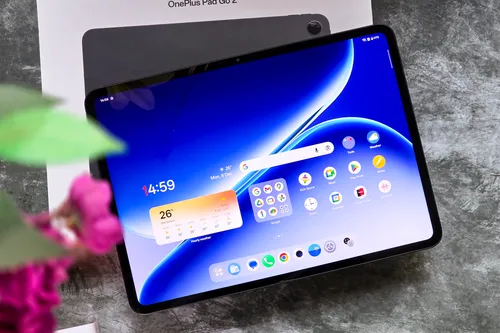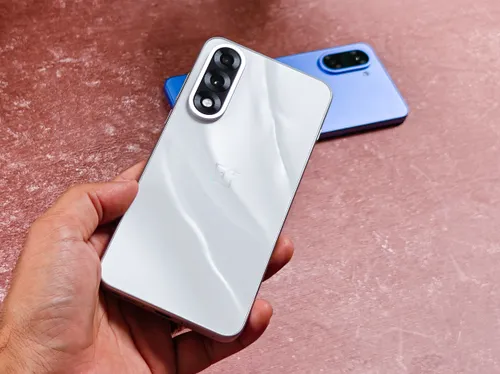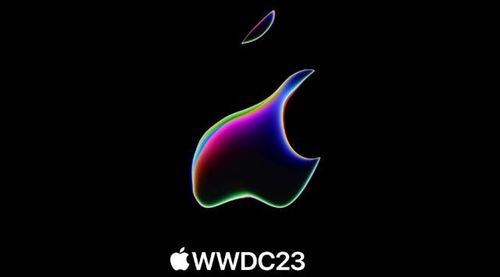
Apple's WWDC 2023: The Conference Where Nothing Happens
Apple's WWDC 2023: No new iPhones, iPads, or Macs. Just a bunch of software features that no one really cares about. This year's conference is shaping up to be a snoozefest. If you're an average Apple fan, you can probably skip it.
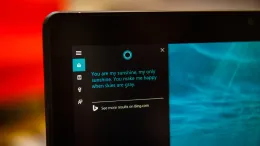
Cortana's Swan Song: Microsoft Pulls the Plug on Its Virtual Sidekick, Leaving Windows Users Feeling (Un)assisted
In a surprising move, Microsoft has announced the end of support for Cortana, its once-promising virtual assistant on Windows. Windows users are left pondering their digital loneliness, wondering who will answer their questions and keep them company. Farewell, Cortana.
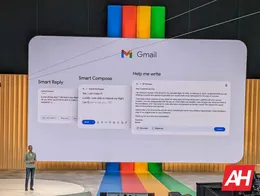
Google's Genius Plan: Teaching Your Phone to Read Your Mind, Sort of
Google adds AI to smartphones for email searching: Get ready for amusing misinterpretations & unexpected discoveries in your inbox. Quirky adventure awaits! #AI #EmailSearching

OpenAI Unleashes ChatGPT App for the iPhone: Siri's Sassy Sibling Enters the Chat!
Well, well, well, hold on to your Apple logos, folks, because OpenAI has dropped a bombshell in the world of smartphone apps....
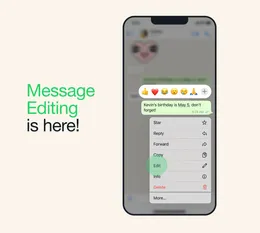
You can now edit your WhatsApp texts. Go ahead, and fix your 15-minute sins!
WhatsApp will now let you edit your messages. Imagine how many breakups will now happen in real life with a slap, instead of words in a chat!
Google Search could be smothering your creativity
A Carnegie Mellon University study reveals starting your brainstorming process with Google can be detrimental to the group's creativity.
Teams relying much on search engines often produced inundatingly same, less original ideas due to a cognitive bias called "fixation effect," where seeing popular answers converges our thought process instead of diverging it.

While individuals weren't necessarily dumber with Google, groups of Google users seemed to get stuck in a rut, often coming up with the same common ideas, sometimes even in the same order! Talk about a copy-and-paste creativity crisis.
"This appears to be due to the fact that Google users came up with the same common answers, often in the same order, as they relied on Google, while non-Google users came up with more distinct answers," explained lead author Danny Oppenheimer.
EDITORS' PICKS

